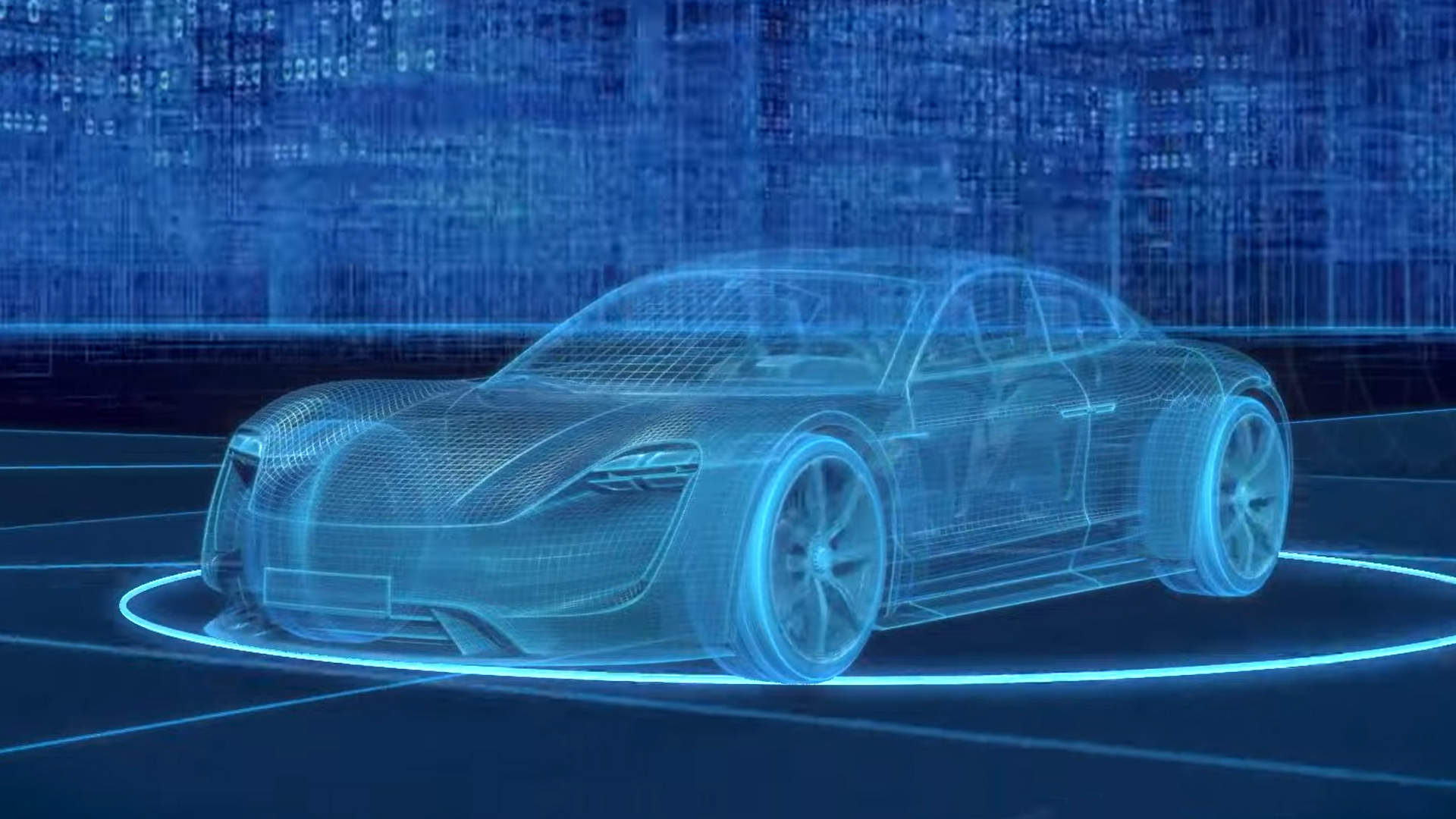

Perhaps the most important wear items in your car are the tires that keep it planted to the ground. With vehicles getting bigger and heavier—especially electric cars—tires are wearing out more quickly than before, and tire maker Michelin has figured out a way to tell you exactly how fast your personal tires will last before they need to be replaced.
Michelin SmartWear is an in-house developed algorithm designed to predict tire wear. While on the surface that might seem like a pointless item to measure—I mean, you can see your tire tread, right? Well, we’ve all seen those cars with what might as well be no tread left, so one could imagine how many people aren’t regularly having their tread checked unless they’re getting a state-mandated annual safety inspection. Needless to say, Michelin feels that it’s important, and so must the automakers who have tapped the company to implement it into their fleet of cars.

Now, Michelin’s algorithm is just that: an algorithm. It’s math. No extra sensors are used to predict tire wear other than those already installed on the vehicle; that seems rather difficult to achieve since nothing is physically measuring or inspecting the tread.
It turns out that the tire manufacturer can use data it knows about tire compounds combined with vehicle and environmental data (like wheel speed, vehicle speed, tire pressure, temperature, and engine RPM) to predict tire wear. And, at least in its testing, the measurement is accurate down to the millimeter.
While the algorithm was specifically developed using the company’s data on its tires, Michelin has the ultimate goal of making it brand agnostic, meaning that it can predict the wear of any tire.
“The knowledge we have on the material components we put in tires will give us some information on the mechanics of materials and the way they behave based on the pressure, based on the lateral and vertical pressure you put on those tires, so we have built an algorithm which is working quite well,” Bruno de Feraudy, SVP for automotive original equipment at Michelin, told us. “What is very key for Michelin is to be able to provide this algorithm which will be in the car. Based on the mechanical of all the rubber and materials that we have in tires, to calculate when the tire will be worn out. You build a curve.”
This data is particularly useful for the recent surge of electric vehicles that are already spilling out onto America’s roads and becoming more popular by the day. It’s no secret that EVs chew through rubber more quickly than their gasoline counterparts, especially given the weight increase of battery-powered vehicles. There’s also the fact that EVs have higher instantaneous torque and use regen braking—all of which contribute to the faster wear of tires. Michelin estimates that the average tire will have a 20% shorter lifespan on an EVs, which makes predictive wear all that more important.
“Today, [with an EV], you’re not going to the garage. Not anymore,” Feraudy said. “So if you do not have a way to be alerted about your tires, there is risk. And once again, we’re Michelin guys, we’re always looking at tires. Normal consumers, they don’t care. I’m not sure you’re checking your tires every day.”

Michelin has already been working with several automakers in Europe, North America, and Asia to test its algorithm’s accuracy. In one test with a private company, Michelin equipped a fleet of taxis with SmartWear and noticed that one vehicle, in particular, started to change its tire wear trend downward, which shouldn’t happen. When Michelin reached out to the taxi company, they found that the cab’s driver had recently changed, meaning that it could tell that the change in driving behavior had positively affected the lifespan of the vehicle’s tires.
This type of data can be invaluable for automakers, especially as vehicles are becoming more connected. Automakers are always looking for new revenue streams, and the dealers that support them seem to be sweating over the potential loss of revenue from maintenance. Wouldn’t it be nice to have a dummy light in the car to predict just when your nearly-maintenance-free EV needs a new expensive set of tires?
Michelin seems to think so—after all, it could land a set of its tires back on your car. It also believes that its algorithm is uncrackable by automakers. The company says it has such deep knowledge of tire materials and compounds that only it can build such an accurate model. In fact, Feraudy says that one of the major automakers has already tried to do exactly that, only to return when it couldn’t reproduce data as precisely as Michelin’s.
Just don’t expect this technology to land in your car anytime soon. Michelin says that it’s still testing its algorithm across the globe with some big names. However, it hopes to scale the technology over the next three years, potentially pointing to a future generation of your favorite daily driver getting some fancy tire wear indicators. For now, you’ll just have to use the manual, old-fashioned way.
Got a tip or question for the author? Contact them directly: rob@thedrive.com